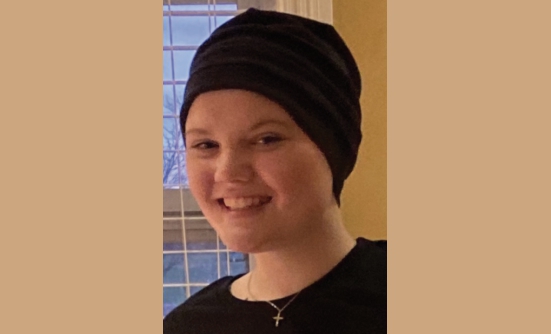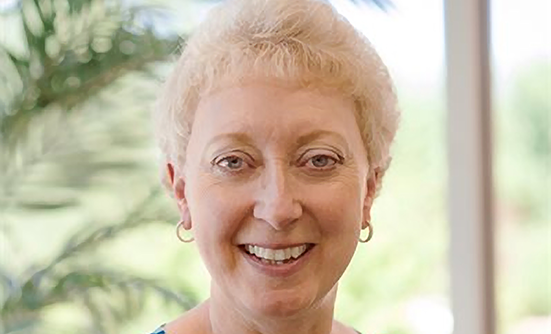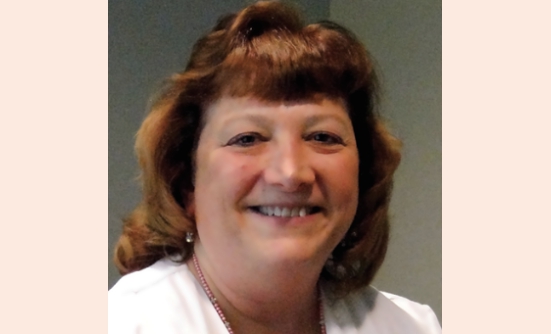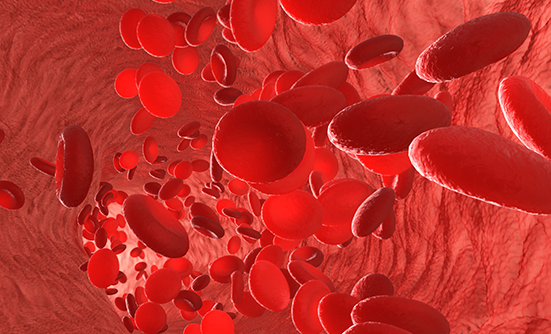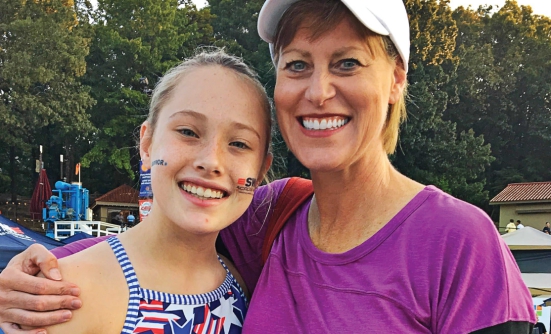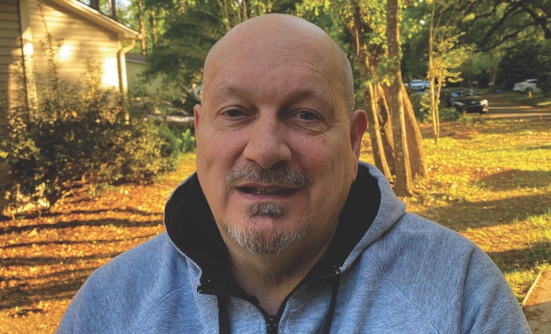Each year, approximately 70,000 adolescents and young adults aged 15 to 39 years are diagnosed with cancer, according to the National Cancer Institute. These young cancer survivors face many short-term and long-term health issues (including heart problems and infertility), as well as psychosocial issues (low levels of education, employment, and finances).
Furthermore, adolescents and young adult cancer survivors are at increased risk for behavioral and lifestyle challenges, such as poor diet, low physical activity, and tobacco or alcohol use and abuse.
Although these issues can be modified through education and behavioral interventions, there are often gaps in the survivorship care provided to adolescents and young adults, because they don’t fit neatly into the models of the cancer care given to pediatric or adult survivors.
Importance of Adequate Nutrition
Adolescence is a time of physical growth and development. It is a period of muscle and skeletal development that requires adequate nutrition. Unfortunately when cancer occurs in adolescence, the disease process and its treatment can disrupt normal growth and development, as well as increase the body’s nutritional needs.
Despite the increased need for adequate nutrition, it is estimated that from 39% to 94% of adolescents and young adult cancer survivors don’t meet their nutritional requirements of several important nutrients, including calcium, vitamin D, folate, and iron, which are key nutrients for bone development and heart and vascular health. Research shows that most adolescents and young adult survivors have unhealthy diets, with high fat intake, increased intake of empty calories, and low consumption of fruits and vegetables.1,2
Although most adolescents and young adult cancer survivors consume 10% more energy through empty calories, studies show that these young people have lower levels of physical activity than adolescents and young adults without cancer. These lower levels of physical activity may be related to the side effects of cancer treatment, such as fatigue and diminished coordination.
Increased energy consumption and decreased energy expenditure because of inactivity promote weight gain and obesity, which can lead to serious health problems, such as metabolic syndrome, hyperlipidemia, hypertension, heart disease, and poor general health.
Behavioral and Lifestyle Challenges
Adolescent cancer survivors have unique developmental issues that often place them at risk for behavioral and lifestyle challenges. In the general population, information about substance use suggests peak tobacco and alcohol use between ages 21 and 25.
Studies of childhood cancer survivors have shown that 16% to 37% of them smoke tobacco compared with 21% of people of the same age who don’t have cancer. And 50% to 90% of adolescents consume alcohol.3
Self-reported higher stress levels, lower mental health scores, and lower education and income levels are considered contributing factors to the increased use of tobacco and alcohol, as coping mechanisms, among adolescents and young adult cancer survivors.
Role of Navigators
Navigators have the unique opportunity to listen to patients’ concerns, assess and address any barriers and challenges, empower with education, and provide psychosocial and emotional support.
Navigators can also provide reinforcement or empowerment interventions to promote improved diet, regular physical activity, and reduced use of tobacco or alcohol among adolescents and young adult survivors.
As members of the multidisciplinary team, navigators are well-positioned to assess and address adolescents’ and young adults’ concerns and refer them to other providers when needed, as well as to local and community resources to meet each survivor’s needs.
References
- Badr H, Paxton RJ, Ater JL, et al. Health behaviors and weight status of childhood cancer survivors and their parents. Journal of the American Dietetic Association. 2011;111:1917-1923.
- Cohen J, Wakefield CE, Fleming CA, et al. Dietary intake after treatment in child cancer survivors. Pediatric Blood & Cancer. 2012;58:752-757.
- Klosky JL, Howell CR, Li Z, et al. Risky health behavior among adolescents in the childhood cancer survivor study cohort. Journal of Pediatric Psychology. 2012;37:634-646.
Patient Resources
Children’s Oncology Group
www.survivorshipguidelines.org
National Cancer Institute
www.cancer.gov/cancertopics/aya










